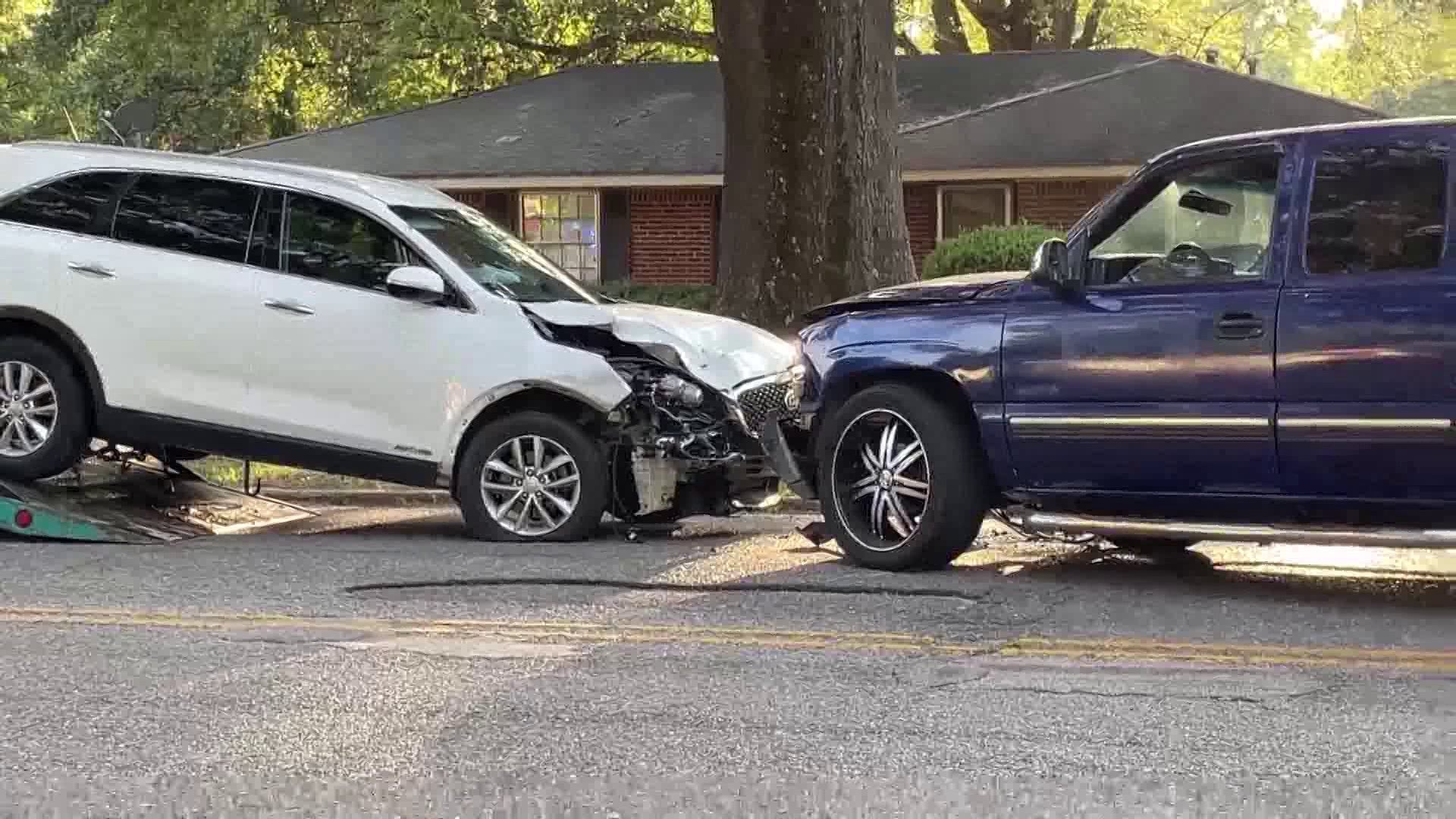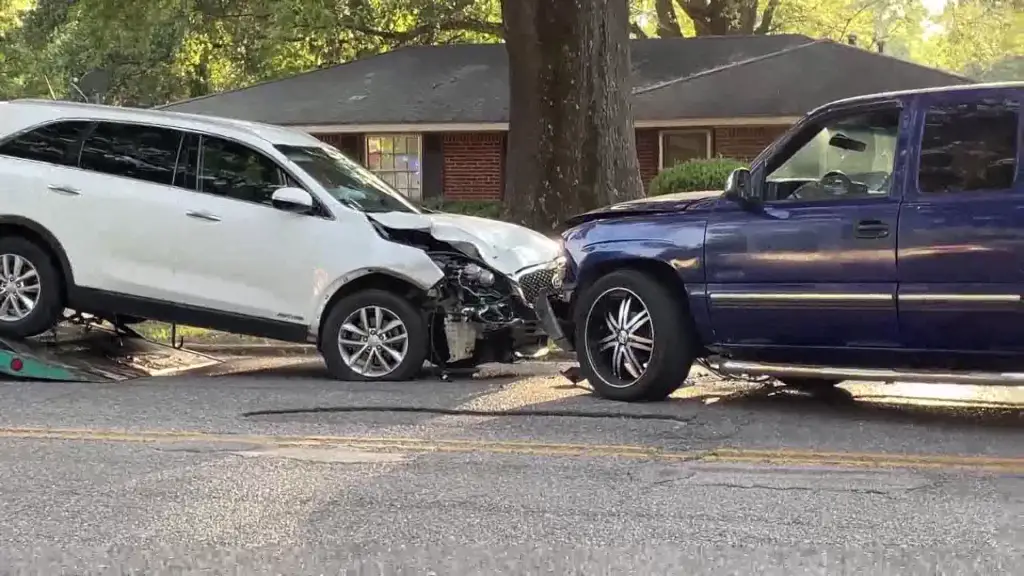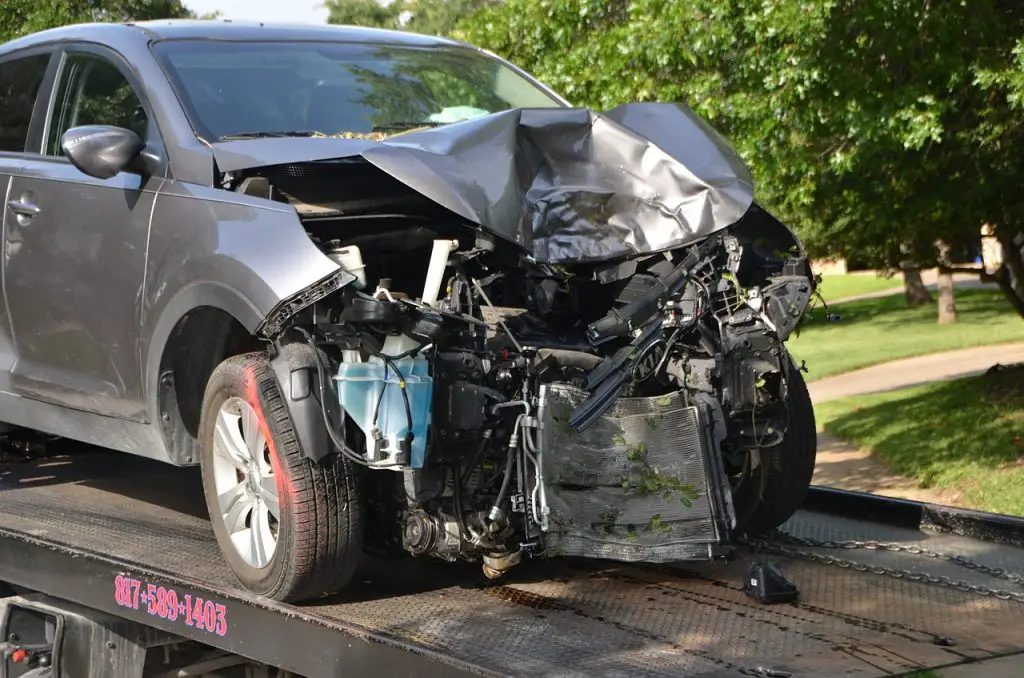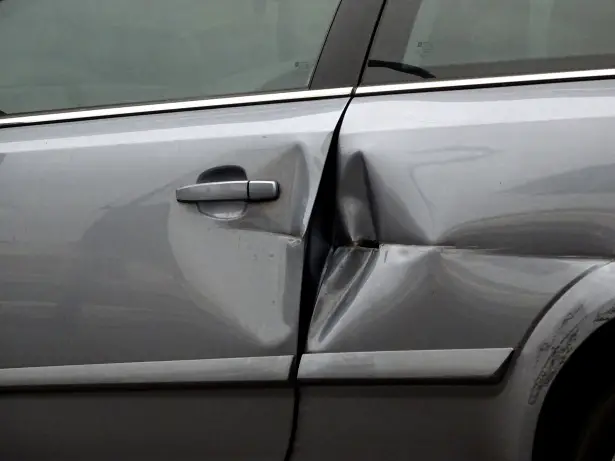Suing someone for damaging your car can be a complicated process, but it may be necessary if the other party was at fault for the damage and you wish to be compensated for the repairs or replacement of your vehicle.

In this article, we will explain the legal concepts that apply to car accidents, the importance of gathering evidence, and the steps involved in filing a lawsuit.
We will also discuss the potential for additional damages and the possibility of a settlement or trial.

Establishing Liability
The first step in suing someone for damaging your car is to establish that the other party was at fault. In legal terms, this means proving negligence.
Negligence is a failure to exercise reasonable care that results in harm to another person.
In the context of a car accident, negligence can take many forms, such as failing to obey traffic laws, distracted driving, or driving under the influence of drugs or alcohol.
To prove negligence, you will need to gather evidence. Some of the key pieces of evidence that may be used to establish liability include:
- Police reports
- Witness statements
- Photographs of the accident scene
- Surveillance footage
- Expert testimony from accident reconstruction specialists
It is important to gather evidence as soon as possible after the accident, as memories can fade and evidence may be lost or destroyed over time.
Calculating Damages
Once liability has been established, the next step is to calculate the damages.
The cost of repairs or replacement of your car is the most obvious form of damages, but there may be additional damages that can be claimed. These include:
- Lost wages if you were unable to work as a result of the accident
- Medical expenses if you were injured
- Pain and suffering
- Loss of enjoyment of life
- Loss of consortium if your injury has affected your relationship with your spouse or partner.
It’s important to keep records of all expenses related to the accident, including medical bills, repair estimates, and pay stubs to demonstrate the amount of damages you are claiming.
In some cases, particularly in a personal injury case, you’ll need expert witness, or medical professional to testify in court about extent of the damages.

Filing a Lawsuit
Once you have established liability and calculated your damages, the next step is to file a lawsuit.
This process can be overwhelming and it’s important to seek the help of a personal injury attorney who specializes in car accident cases.
An attorney will be able to guide you through the process, help you draft a complaint, and represent you in court.
When you file a lawsuit, you will be required to provide the following information:
- The names and addresses of the parties involved in the accident
- A detailed description of the accident and the resulting damages
- A statement of the amount of damages being claimed
- A list of any witnesses or evidence that will be used to support your claim
After you file the lawsuit, it will be served to the other party. This means that they will be formally notified of the lawsuit and will have the opportunity to respond.
Settlement Negotiations
After the other party has been served, they may choose to engage in settlement negotiations.
This is a process in which both parties attempt to reach an agreement without going to trial.
The advantage of settling is that it can save time and money, but it also means that you will be giving up your right to a trial.
In negotiation process, both parties will present their best case and try to find a compromise. If a compromise is reached, you will receive a settlement payment and the case will be dismissed. However, if the parties are unable to reach an agreement, the case will proceed to trial.
Trial
If a settlement is not reached, the case will proceed to trial. At trial, both parties will present their evidence, including witness testimony and documents, and the jury will decide the outcome of the case.
If you win at trial, you will be awarded damages as decided by the jury. If the other party wins, you will not be entitled to any damages.
It is worth noting that trial are uncertain and are risky for both parties, that’s why settlement is often a more desirable outcome.
Conclusion
Suing someone for damaging your car can be a complex and time-consuming process.
It’s important to understand the legal concepts that apply to car accidents, to gather evidence, and to calculate your damages.

Seeking the help of a personal injury attorney will increase your chances of a successful outcome. Remember to keep records of all expenses related to the accident, including medical bills, repair estimates, and pay stubs to demonstrate the amount of damages you are claiming.
Additionally it’s worth remembering that law and process can vary state by state and the information provided here is general information and not legal advice.
For more detailed and specific information, it’s advisable to consult with a local attorney.
What is the statute of limitations for filing a lawsuit for damages to my car?
The statute of limitations is the deadline by which you must file a lawsuit.
The statute of limitations for car accident lawsuits varies depending on the state.
It can range from as little as one year to as long as six years. It is important to consult with a lawyer as soon as possible after the accident to determine the applicable statute of limitations and ensure that your claim is filed in a timely manner.
Do I need an attorney to sue someone for damaging my car?
While it is possible to file a lawsuit on your own, an attorney can provide valuable assistance in navigating the legal process and maximizing your chances of success.
An attorney can help you to gather and evaluate evidence, calculate damages, negotiate with the other party or their insurance company, and represent you in court.
What happens if I am found partially at fault for the accident?
Many states have a doctrine of comparative negligence, which means that damages are apportioned based on the degree of fault.
For example, if you are found to be 20% at fault for an accident that caused $10,000 in damages to your car, you would only be able to recover $8,000 in compensation.
How long does the process of suing someone for damaging my car typically take?
The length of time it takes to resolve a car accident lawsuit depends on several factors, such as the complexity of the case and the speed at which the parties are able to reach a settlement or trial.
A simple case involving only property damage and no injury might be resolved in a few months, while a more complex case involving personal injury and multiple defendants might take several years.
What happens if the other party does not have insurance or enough insurance?
If the other party does not have insurance or does not have enough insurance to cover the damages, you may be able to file a claim with your own insurance company if you have uninsured/underinsured motorist coverage.
If you do not have this coverage, you may be able to sue the other party directly but it will be harder to collect the damages.
Additionally you could also seek a legal advice to figure out other possible solutions.
